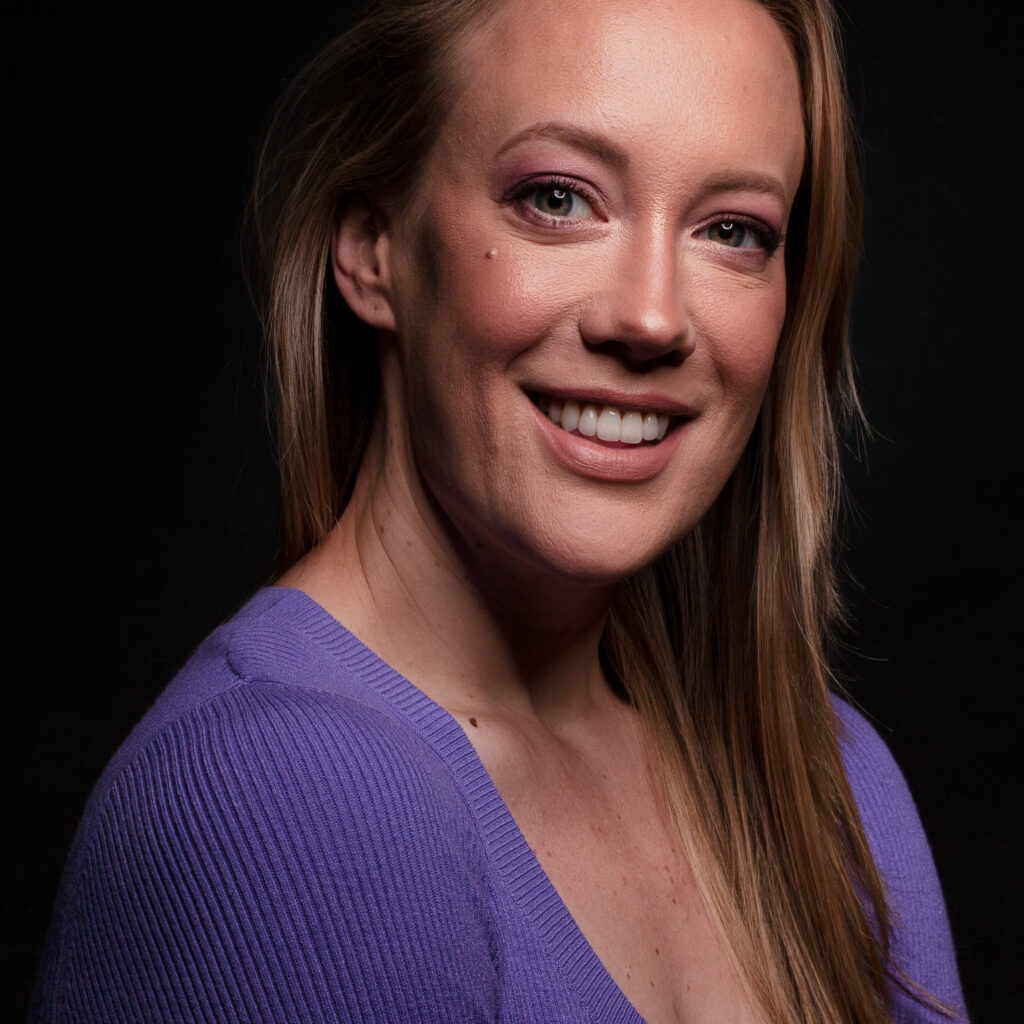We talk to Anna Al Qasimi-Roberts about breaking away from the fear of failure and other blocks that hold us back from achieving what we want
Guilt around practicing self-care is a growing phenomenon and can manifest in several ways such as apologising for making time for yourself, putting it off be there are more productive things you “should” be doing, or simply having a nagging voice in the back of your head telling you that practicing self-care is selfish.
Anna Al Qasimi-Roberts touched on another important manifestation of this guilt that goes hand-in-hand with spending time on taking care of ourselves – spending money on our care. Whether it involves signing up for a series of yoga classes or splashing out on a gorgeous pair of shoes, we each go through the tug-of-war between, “I deserve this” and “I’m going to regret this.”
Instilled with a savings-conscious approach to money from a very early age while growing up in Dubai in the early ‘90s, Al Qasimi-Roberts was taught that if she wanted something, she should save for it, and not before asking if the item in question was a “want” or a “need.”
“This constant living in the future, in a state of fear or possible regret isn’t something I’d experienced alone. When I put out the call on Instagram, women from all walks of life echoed the same thoughts. It was both reassuring and saddening to think that we stop before we even had a chance to care for ourselves. The conflict women feel is like a balancing act between wanting to love themselves, to buy the clothes they want, or to exercise without fear of taking time away from other commitments, to worrying about wasting time or money,” said Al Qasimi-Roberts.
While we have a choice whether or not to do something, what many women experience living as an expat in the UAE, particularly if they are single, is the need to accept invitations to compensate for not having an established peer group or family close by.
“The feelings of guilt, shame, and worry are all valid and real, but when they hold such power and start to influence your thinking and your action, that’s when you know they’ve hijacked your life and are holding you back from being your best self. I want every woman to have the power to take care of themselves and remind other women that doing that is the ultimate form of self-care we can give ourselves and those around us,” she added.
These conflicting feelings of shame and guilt that had been brewing under the surface in her 20s really hit home once she became a mother, and she had the added responsibility of the children in her care.
She said, “I really used motherhood to draw myself inwards, to manage my energy, my commitments, and above all prioritise my children and my health. It meant distancing myself from friends who didn’t align with my values or understand the challenges parents face, it meant communicating about what I needed to support my mental and physical health, and it also meant exploring different aspects of self-care.”
Finally, she is instilling the importance of self-care in her four-year-old twin sons in ways that they can understand, namely by asking them to draw their feelings because if they can’t find the words to express themselves, she knows they are off-balance.
“We’re now at the point where, when they are feeling this way, they will proactively get their paper and crayons, draw an image, and share what it means and how they are feeling. For me, this has been my greatest achievement as a mother – to give my children the tools to recognise their emotions, express them, and work through them while expressing what they need right at that moment.”
Anna Al Qasimi-Roberts has found key steps to managing her feeling of guilt or fear for her future demise at the expense of a spa day or shoe purchase:

Step 1: Name the shame. Once you name the feelings, you can do something about them. Guilt? Write it down. Fear? Add that to the list. Afraid of looking stupid? Let’s call it out.
Step 2: Think about what you would do if these feelings were gone and you could live free, fully, and commit to practices of self-care daily. Write down what that looks like.
Step 3: Commit to three of these big wishes. Pick any three from the previous list and put a date to do each of them.
Step 4: Write down the actions needed to make these big wishes possible. Is it to tell a friend? Is it to schedule cover for personal or professional commitments for a meditation session?
Step 5: Ask the two big questions: What is it costing you to continue living like you are now with no changes? Who do you need to become to live out your dreams?





